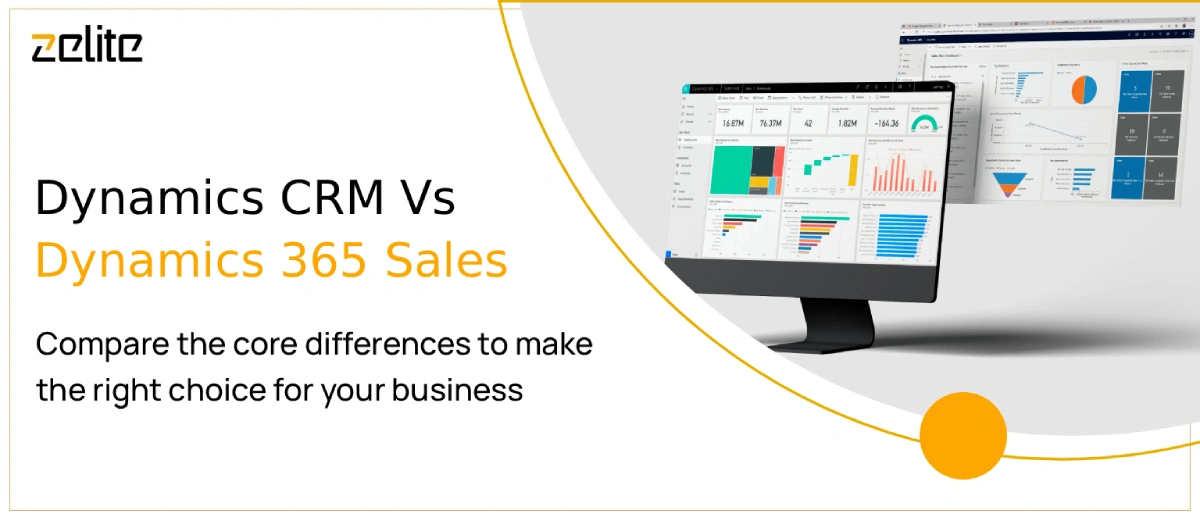If you’ve ever worked with Microsoft’s CRM tools, you’ve likely heard of Dynamics CRM and Dynamics 365 Sales. At first glance, they might seem like two versions of the same thing—but they’re not. They represent two different eras of customer relationship management. So, what changed? And why does it matter?
Let’s break it down in a way that’s easy to understand.
A Quick History Lesson
Microsoft Dynamics CRM was launched back in 2003. It was a solid on-premises solution that helped businesses manage sales, customer service, and marketing. It was reliable, customizable, and widely adopted.
But as the world moved to the cloud, Microsoft evolved too. In 2016, they introduced Dynamics 365, a suite of cloud-based business apps. Dynamics CRM was split into modular apps—Dynamics 365 Sales, Customer Service, and Marketing—each focused on specific business needs.
So, What’s the Real Difference?
Here’s where things get interesting.- Deployment Model
- Dynamics CRM: Mostly on-premises. You needed servers, IT staff, and regular maintenance.
- Dynamics 365 Sales: Cloud-first. Accessible from anywhere, anytime. No hardware headaches.
- User Experience
- CRM: Traditional interface, functional but dated.
- 365 Sales: Sleek, modern UI with a unified experience across devices. Think mobile-friendly and intuitive.
- Integration Power
- CRM: Basic integrations often needed third-party tools.
- 365 Sales: Deep integration with Microsoft 365 (Outlook, Teams, Excel), LinkedIn, Power BI, and Power Apps. Everything works together seamlessly.
- Intelligence & Automation
- CRM: Manual processes, limited analytics.
- 365 Sales: AI-driven insights, predictive forecasting, automated workflows, and Copilot assistance. It’s like having a smart assistant for your sales team.
- Scalability & Flexibility
- CRM: Scaling meant more hardware and cost.
- 365 Sales: Scales effortlessly with your business. Add users, features, or storage without disruption.
Why Did Microsoft Make the Shift?
The shift wasn’t just about technology—it was about future-proofing. Businesses today need agility, real-time insights, and tools that evolve with them. Dynamics 365 Sales delivers that.
Microsoft also wanted to unify its ecosystem. By moving to the cloud and integrating with tools like Azure, Power Platform, and Microsoft 365, they created a CRM that’s not just powerful; but smart, connected, and ready for tomorrow.
Should You Make the Switch?
If you’re still using Dynamics CRM, it’s worth considering the move. Dynamics 365 Sales It isn’t just an upgrade; it’s a transformation. It empowers your team, simplifies your processes, and gives you insights to grow faster.
And let’s be honest—who doesn’t want a CRM that works as hard as they do?




